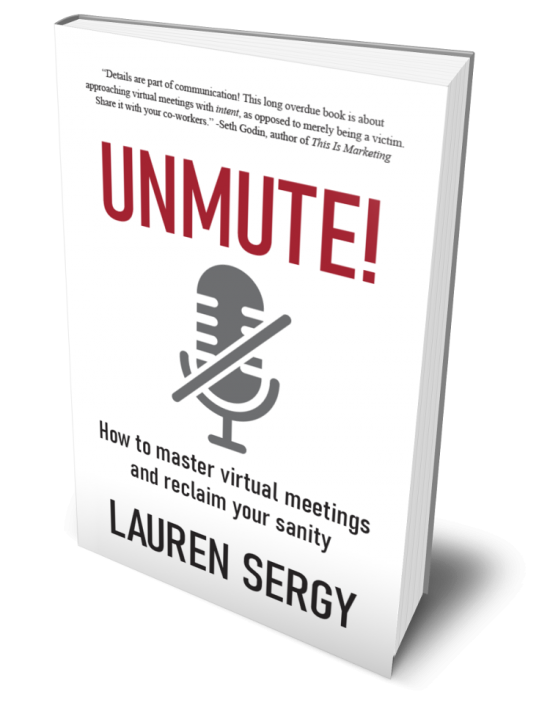Layered meaning makes conversation so much more interesting. While plain-speak is generally the best way to conduct most business – after all, one’s goal should never be to stymie your clients or colleagues – there are opportunities where you can have some fun in a conversation and imply the Things that Cannot Be Said Aloud. Euphemisms and layered meaning enables you to say impolite things in a manner acceptable to polite company. It reminds me of the snide jabs exchanged across society dinners you read about in Jane Austen’s books.
The beauty of euphemisms is that they are remarkably adaptable to your needs. You can dial the clarity, drama, or comedy up or down as needed. Furthermore, the fact that euphemisms require interpretation means that you can give veiled opinions and allow the other person to make of it what they will. When you can’t call someone an “unbelievable douchebag,” you can say they are “determined and honest.” Someone who feels the same way as you about said douchebag will understand exactly what you are getting at. Someone who for some unfathomable reason likes that douchebag will probably acknowledge your comment as a fair observation on that person’s personality.
Coming up with good euphemisms requires a good vocabulary, a good sense of timing, and solid control and deployment of appropriate facial expression. Delivering a euphemism with a deadpan voice and expression can result in a very different implication from one delivered in falsetto with a clenched tooth smile. Because it can be easy to slip from a well-delivered euphemism to outright sarcasm and nastiness, understanding the mood of your audience or conversant and whether or not it is a good time to use this conversational tool is paramount. I usually keep heavy euphemism use to situations that are relatively casual or light in tone. I’ve also deployed them specifically to break tension and acknowledge elephants in the room without actually putting a neon sign over said elephant. Attempting this in circumstances that require absolute plain speak and clarity would not be appropriate, nor would it be suitable in extremely serious situations.
If you want to improve your use and timing of euphemisms, I strongly recommend paying attention to classic stories of manners such as those by Jane Austen, checking out Oscar Wilde’s work, and watching lots of skilled comedians (I particularly like Rick Mercer, Jon Stewart, and Ricky Gervais). Practice your vocabulary-fu by taking straightforward statements and changing the words around so you express the same thing in a completely different manner. Then, practice doing so with different vocal intonations and facial expressions – preferably in front of a mirror. Like anything else, you will improve with practice.
Have fun with euphemisms. They are remarkably fun communicative devices!







